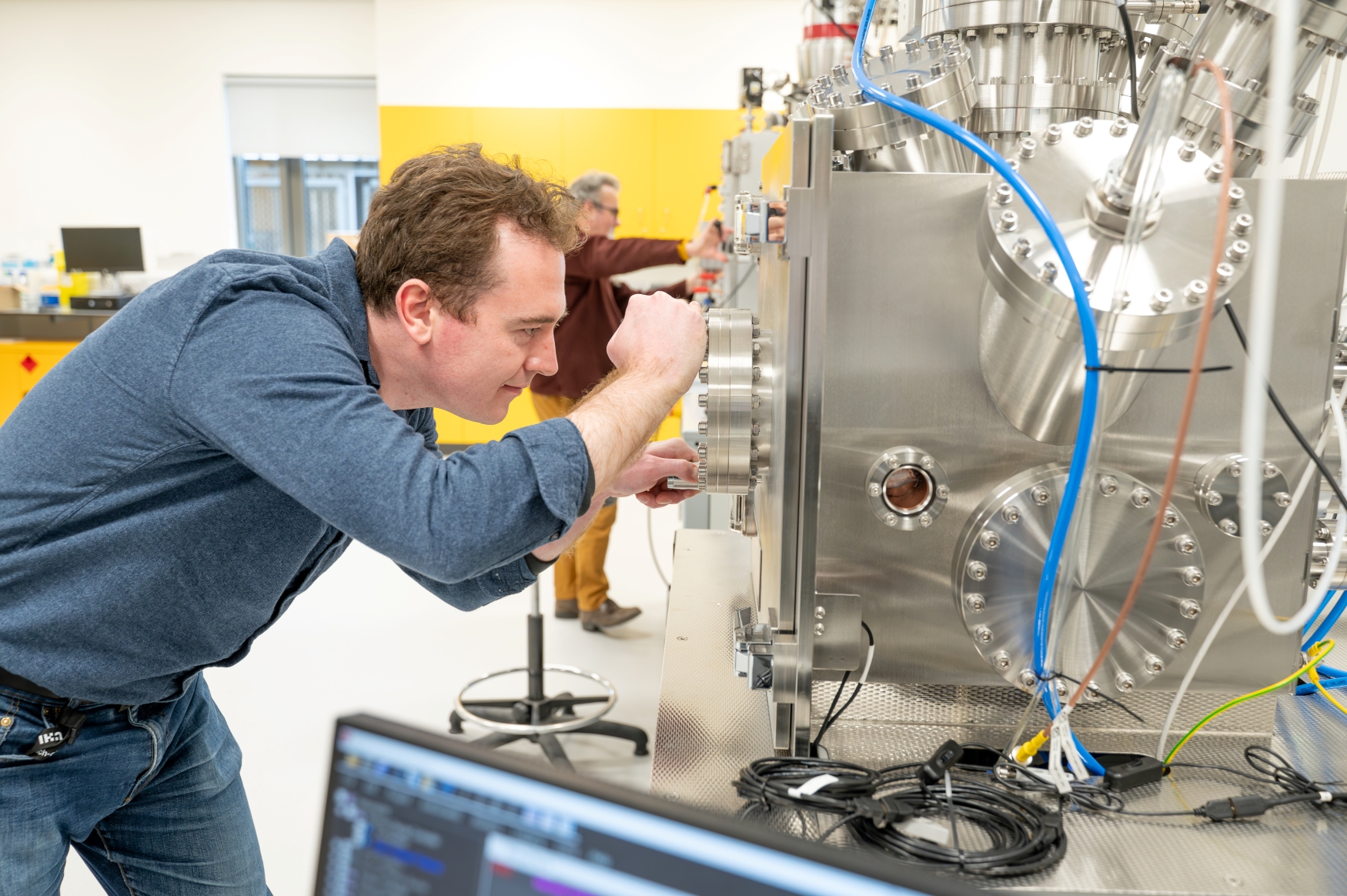UHI highlights pioneering medical nanotechnology for UK Nanotechnology Day
The Division of Biomedical Sciences at the University of the Highlands and Islands (UHI) is celebrating UK Nanotechnology Day today, Wednesday 10 September. The date is chosen as it reflects the scientific notation for nanotechnology’s key scale: 10⁻⁹.
At the Life Sciences Innovation Centre on Inverness Campus, UHI researchers are carrying out pioneering work in medical nanotechnology. They are exploring how nanomaterials (substances engineered at the scale of billionths of a metre) can transform healthcare, with a particular focus on antimicrobial materials and nano-enhanced sensors.
Jacob Roberts, a research assistant in medical nanotechnology at UHI, said:
“Nanotechnology may be invisible to the naked eye, but its potential impact on healthcare is huge. Here in the Highlands, we’re working on innovations that could reduce hospital infections and improve environmental monitoring.”
Nanomaterials display unique properties because of their extremely small surface structures. For example, naturally occurring nanostructures found on butterfly, cicada and dragonfly wings are known to kill bacteria on contact. UHI researchers are replicating these features in human-made materials with the goal of creating antimicrobial coatings for hospital touch surfaces, helping to reduce the spread of antibiotic-resistant infections such as MRSA.
Alongside this, the team is investigating how nanoparticles of silver and gold interact with light in unusual ways compared to their bulk forms. By using Raman spectroscopy, a technique that measures how molecules scatter light to produce unique ‘fingerprints’, the researchers are developing highly sensitive detection systems. These enhanced sensors could play a crucial role in monitoring environmental pollution and detecting water contaminants such as pharmaceuticals and pesticides.
Members of the public will have the opportunity to learn more about UHI’s research at upcoming Life Sciences Innovation Centre laboratory tours, which take place on:
Attendance is free but spaces are limited, so registration is required.
